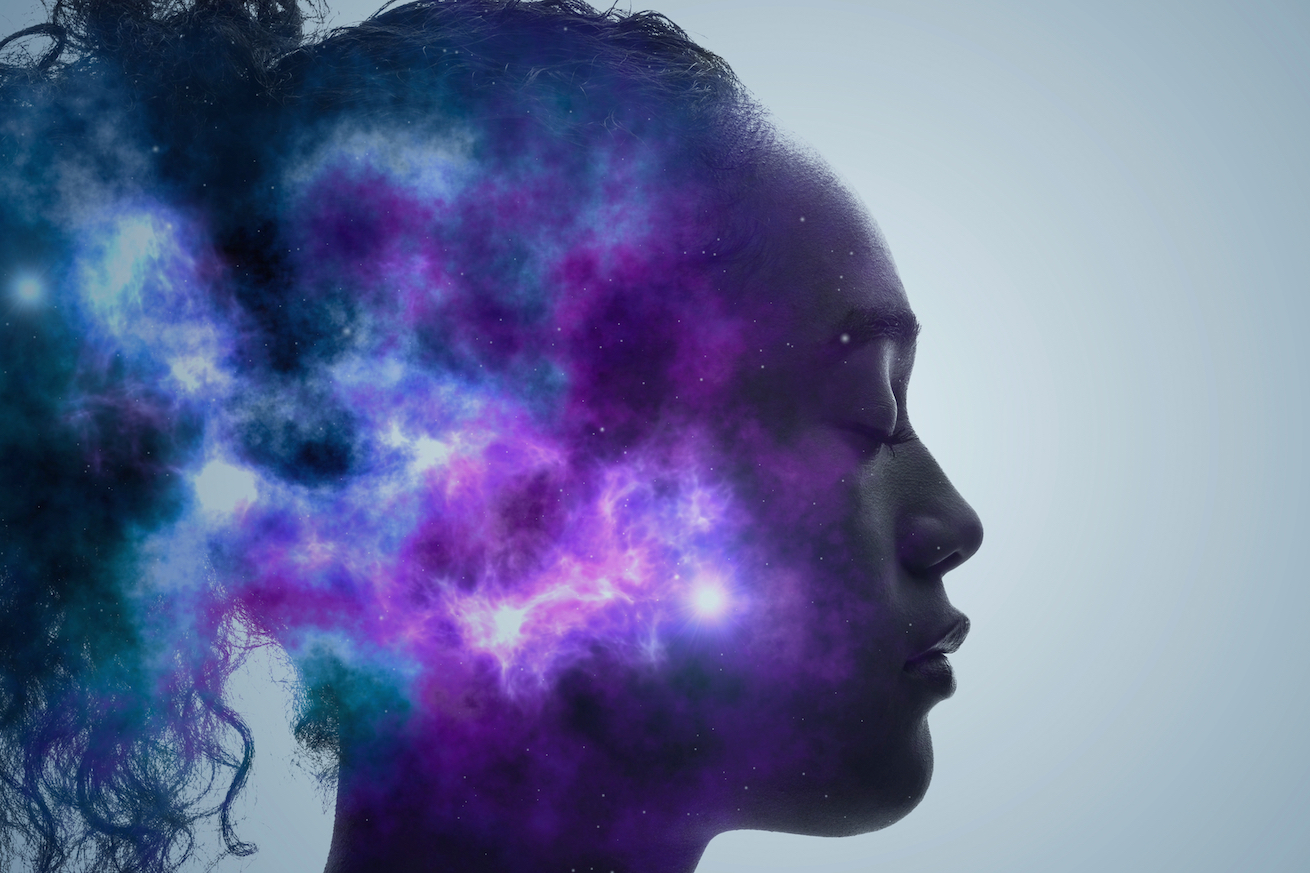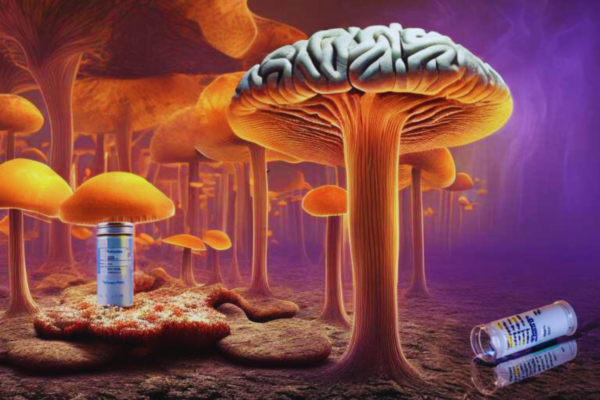
A recent study has found that psychedelics could be effective in treating symptoms of racial trauma. The study comes as an increasing amount of evidence suggests that conventional psychotherapy is not an efficacious means of treating racial trauma.
Mental Health America states racial trauma symptoms may occur as intense feelings of depression, anxiety, or distress. These symptoms can arise for many reasons; from personal experiences with physical or verbal abuse related to ethnicity, to experiencing systematic racism within society.
According to Alan Davis and the authors of the study, using conventional psychotherapy to treat racial trauma related PTSD is marred by several issues: Therapy dropout rates are high within the BIPOC community, and current treatments often neglect the role of race or ethnicity when treating PTSD.
The use of psychedelics to treat racial trauma may therefore be a novel and effective treatment, where psychotherapy fails.
Psychedelics for Racial Trauma
The study, published in Chronic Stress, surveyed 313 black/indigenous/people of color (BIPOC) who had used a psychedelic to attempt to personally treat symptoms of racial trauma. Within the study, the participants filled in a survey online, which assessed their psychedelic experience, as well as the type and frequency of racial discrimination they had suffered from.
The researchers also measured how psychological flexibility — the ability to adapt your behavior so that you act in accordance with core values — changed as a result of the psychedelic experience. The researchers theorized that an increase in psychological flexibility would lead to a decrease in racial trauma symptoms.
The researchers found that a psychedelic experience, mostly induced through psilocybin, LSD, or MDMA, could ameliorate symptoms of racial trauma. “Results showed significant and large reductions in the intensity of traumatic stress, depression, and anxiety symptoms from the 30 days before to the 30 days after a referent psychedelic experience.”
The researchers also found that an increase in psychological flexibility was likely to influence this change. That is, as psychological flexibility increased, the symptoms of racial trauma were likely to decrease.
Lack of BIPOC Representation in Psychedelic Studies
This observational study represents a step forward for psychedelic science to be more balanced and well-represented.
Professor Alan Davis, lead author of the study, highlights the issue of representation in previous studies. “Although recent clinical trials have found positive effects of psychedelic-assisted therapy on mental health outcomes, samples are small and have lacked inclusion of POC [people of color]. For example, out of 18 published randomized controlled trials on psychedelic-assisted therapy, the large majority of participants were non-Hispanic White (82%) with low percentages of POC.”
Since many studies have neglected the BIPOC community, the positive findings of psychedelic science may not be generalized to this group. However, by actively studying a BIPOC sample, researchers can be more certain that psychedelics are a fitting treatment method that can be applied to the BIPOC community.
Davis and his colleagues see psychedelics as a potential bridge to apply effective psychotherapy to marginalized groups. “Although psychedelic-assisted interventions may not directly impact systemic factors such as poverty, unemployment, and criminal justice inequity that greatly contribute to current mental health disparities, they do comprise a critical potential avenue for improving mental health outcomes in POC, which is urgently needed.”
By also underpinning the importance of psychological flexibility, this study may also inform other psychotherapeutic interventions for racial trauma. Other methods could specifically target this psychological attribute, perhaps making other treatments more effective.





